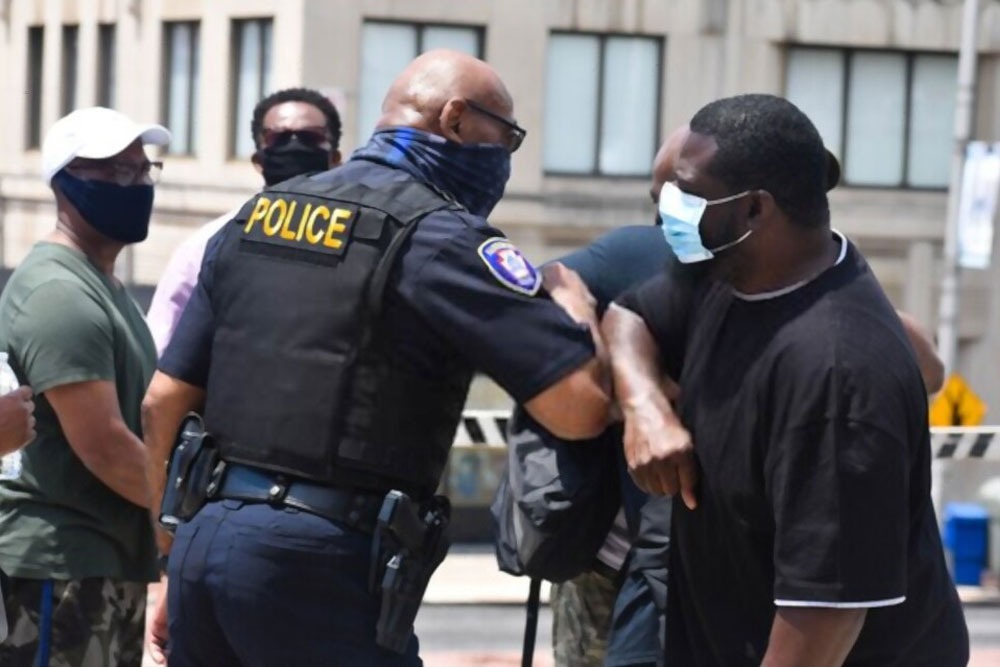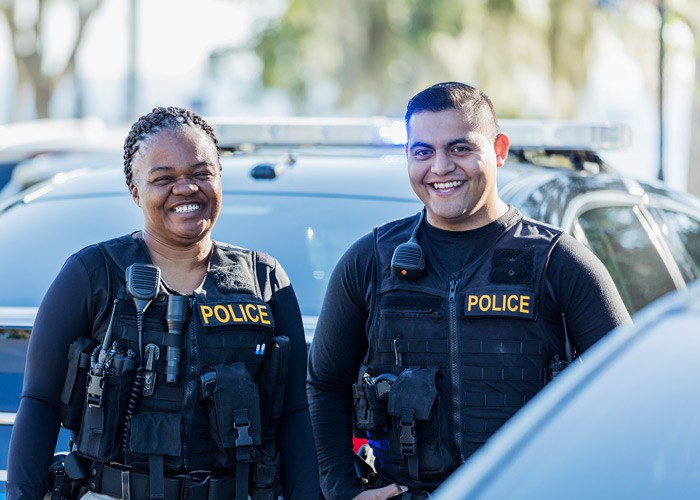Although community policing is very useful, it is sometimes quite hard to implement. Police officers need to communicate with the community and vice versa. However, there are many factors (both external and internal) that could disrupt community policing. Here are some of the guiding principles so community policing can work:
Philosophy and Organizational Strategy
These should be combined, which will result in an effective leader for the task. This leader should be well-versed in implementing community policing and a track record to back it up. Also, one should select community members who should be included in the organizational structure for community policing.
Commitment to Community Empowerment
The police department should find ways to instill in its personnel, both civilian and sworn, the idea of power-sharing. This principle suggests that they should educate the community about policing. Also, they should empower community members to think of ways to prevent crimes within the neighborhood.
Decentralized and Personalized Policing
There should be police officers assigned explicitly for community policing. These officers will do daily rounds and have face-to-face interactions with community members. However, the ideal community policing entails that all officers should do daily rounds.
Immediate and Long-Term Proactive Problem Solving
The police department should rectify any current issues immediately. However, solutions for these issues should also be proactive and can be used in the future. Ethics, Legality, Responsibility, and Trust The police department should operate under specific ethics, within their legal jurisdiction, and abide by local and national laws. Moreover, they should do it responsibly to earn the community’s trust.
Expanding the Police Mandate
Community policing expands the role of a police officer in the community by being relatable, approachable, and trustworthy. While earning the trust of the community, the police department should expand its directive and authority.
Helping Those with Special Needs
Police officers should identify those community members that have special needs and hear their thoughts about policing. These people are but are not limited to persons with disabilities, older adults, and minorities. In this way, they could create specialized programs catered to their needs.
Grassroots Creativity and Support
Community policing also relies on technology to enforce it appropriately. However, the human mind and cumulative efforts will still pave the way to useful community policing.
Internal Change
As said in the second principle, the police department should instill power-sharing in its
personnel. This action means that there should be a change of thought and act within the
department before the community can change. Building for the Future Community policing shouldn’t be a stopgap and remove any present issues in the community. It should go beyond it and make future issues manageable and more noticeable.
In Summary
Community policing is one demanding and challenging task, but it is an achievable one and every police agency should implement it.





